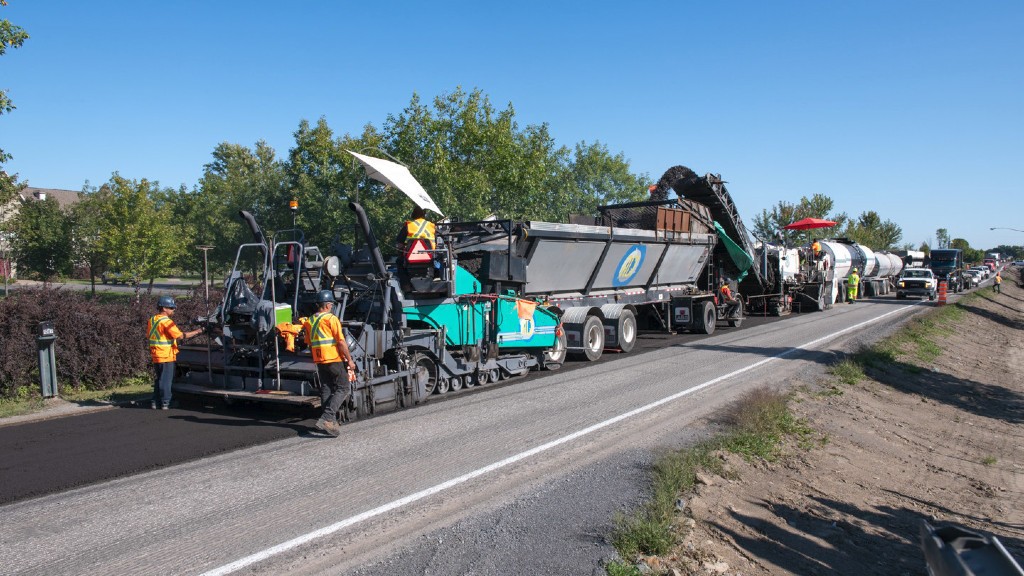Road maintenance layoffs loom as dispute between Quebec government and engineers remain

Dozens of Bitume Québec member companies have concluded that a wave of mass layoffs will be necessary if the dispute between Quebec's 1,800 government engineers and the Quebec government does not reach a favourable outcome in the coming days.
This was made known by Bitume Québec President, Tytus Zurawski, in light of the failure of recent negotiations which, according to the President of the Treasury Board Sonia Lebel, greatly jeopardizes the schedule of planned and authorized work.
"The tragedy is that the start of work on the 2022-2023 program is also completely paralyzed, despite the recent suspension of the second engineers strike," says Zurawski. The third period of return to strike will be a fatal blow to companies specializing in the rehabilitation and maintenance of roads. According to the latter, the road maintenance industry is in a state of unprecedented crisis.
"Faced with this prospect, which poses a direct threat to the financial health and sustainability of many of these companies, it is with a heavy heart that many of these companies are about to unleash an unprecedented wave of layoffs," adds Zurawski. "The industry is not willing to consider this alternative in the absence of work that can be done this season, and especially in the absence of legitimate revenues."
Zurawski also said that the companies' finances are stretched beyond the breaking point and they can no longer tolerate keeping paid staff idle. "This wave of layoffs would make it impossible to return to normalcy quickly, even after this dispute is resolved," he says.
Bitume Quebec's road network includes approximately 61,468 km of roads, including the 31,091 km of highways, national roads, regional roads, and collector roads that are maintained by the MTQ. This estimation does not include local streets, roads and highways managed by municipalities, other ministries, and Hydro-Quebec, on which Bitume Québec members may also be involved.
Zurawski concluded by stating that socially and economically, Quebec could not afford to risk the health of its road network, which has been improving in recent years. According to 2020 statistics, 76.9 percent of the Quebec road network has pavement considered to be in good condition according to the international standard IRI (International Roughness Index).


